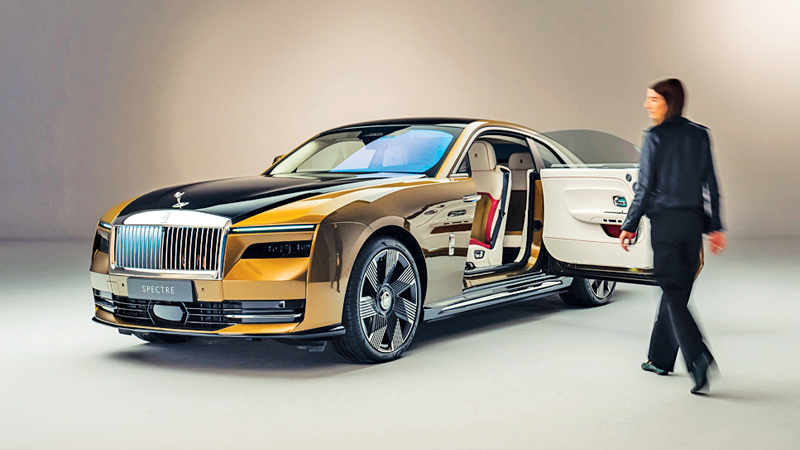A new study from the German Automobile Club (ADAC) says that electric cars are much more reliable than gasoline-powered cars.
The German Automobile Club (ADAC) is the largest roadside assistance organisation in Europe. With an enormous amount of its own data — responding to 3.6 million breakdowns last year, for example — ADAC can really dig in and come to some solid conclusions.
With more Electric Vehicles (EVs) on the road, and enough EVs getting older, ADAC was able to come to some important findings. “For the first time in 2024, the ADAC said it had enough data to make a confident call on EV reliability, and that call favours electric,” Carscoops writes. “With another year of data behind them, the case has only grown stronger. While it responded to more EV calls for service than ever before, those accounted for just 43,678 out of the 3.6 million or just 1.2 percent.”
“For cars first registered between 2020 and 2022, electric vehicles experienced 4.2 breakdowns per 1,000 vehicles,” Handelsblatt writes. In comparison, cars powered by fossil fuels (petrol, diesel) had 10.4 breakdowns per 1,000 vehicles. That is a huge difference.
So, for all the claims that electric cars are just as unreliable and likely to break down, that is just misleading. Overall, electric cars are clearly much less likely to leave you on the side of the road seeking help.
Perhaps just as interesting, the EV breakdowns largely come down to one simple issue. In 50 percent of EV breakdowns and 45 percent of fossil fuel car breakdowns, it was a 12V battery dying that left drivers stranded. Some manufacturers including Tesla now provide a warning on the screen when you need to replace your 12V battery. This should be the norm. In any case, it needs to be checked and serviced regularly, regardless of the type of car.
Servicing easier
However, beyond the 12V battery, electric cars are just more reliable in every aspect. “In almost every single category over the past few years, Internal Combustion Engine (ICE) cars have seen more or equal issues when compared to EVs, including the electrical system, engine management, and lighting,” Carscoops adds.
There are no solid long-term studies on these matters. Not enough electric cars were being sold 10 years ago to have this kind of long-term research. However, simple logic and understanding of the simpler drive trains of electric cars implies that we will have similar results for cars that have been on the road for a decade or more. In fact, one would think that is especially where EVs shine, as that is when many components of gas/diesel cars break down — components that EVs do not have. In any case, servicing an EV is much easier as there are fewer parts to replace.
The average lifetime of an ICE car is around 13 or 14 years, may be a maximum 20 if you push it to the brink. But then it breaks down just like our bodies do. All cars die, but the Grim Reaper comes for ICE cars sooner rather than later.




